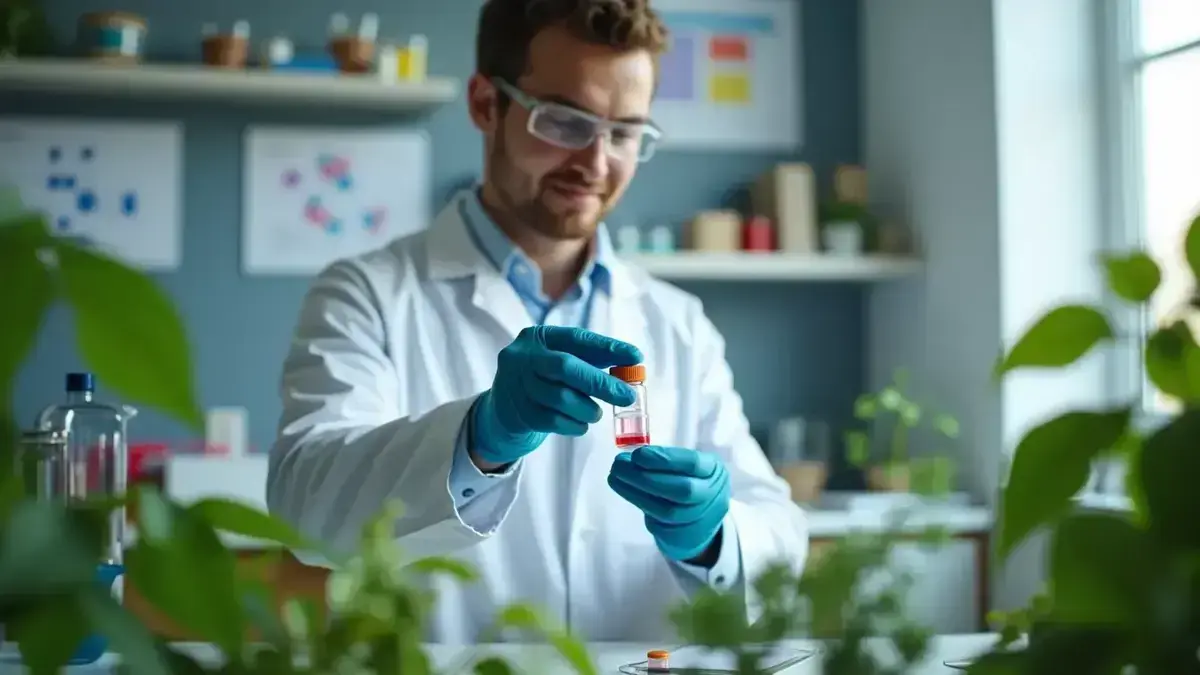A scientific discovery from South Korea, the KUBU-M12, offers a remarkable advancement in the fight against plastic pollution. This biocatalyst, capable of degrading PET in less than 48 hours, marks a significant turning point for the environment. With nearly 90% of the recycled plastic requiring no water, this innovation addresses the challenges posed by the global plastic waste crisis while also providing a potential solution to the rising problem of overconsumption.
The essence of the information
- Discovery of a biocatalyst from South Korea, KUBU-M12.
- Capable of degrading PET in less than 48 hours.
- Rapid breakdown of plastic, a key turning point for the environment.
- Needed political and economic support for global implementation.
Discovery of a Biocatalyst from South Korea
South Korean scientists have recently announced the discovery of an innovative biocatalyst, named KUBU-M12, which has the incredible capacity to break down polyethylene terephthalate (PET) in less than 48 hours. This advancement represents a real turning point in the fight against plastic pollution, providing hope in an increasingly concerning environmental situation.
Rapid Breakdown of Plastic
The rapid breakdown of plastic is a significant challenge for the environment and public health. KUBU-M12 could significantly reduce the degradation time of PET, which normally takes hundreds of years. Thanks to this technology, nearly 90% of plastic could be recycled without requiring water, marking a substantial improvement in waste processing methods.
This massive project of 1.7 billion liters of water pushes Israel toward an innovative water future
Progress in the Global Plastic Waste Crisis
The discovery of KUBU-M12 comes at a time when the planet is facing a global plastic waste crisis. Trillions of tons of plastic end up in our oceans and landfills each year, exacerbating pollution and threatening biodiversity. This innovation offers the potential for radical change by enabling a more effective and environmentally friendly approach to dealing with this waste, significantly transforming current recycling methods.
Functioning on Contaminated Plastic
Another remarkable aspect of this biocatalyst is its ability to function effectively even on contaminated plastic, which has been a limitation of previous solutions. Many recycling methods require clean plastic to be effective, which is not always feasible in practice. Therefore, KUBU-M12 could transform the way plastic waste is processed by addressing materials that are often overlooked and difficult to recycle.
Necessity of Initiatives to Reduce Plastic Use
Despite this technological advancement, it is also crucial to emphasize the importance of initiatives aimed at reducing plastic use. The discovery of a biocatalyst is just one part of the solution. Coordinated efforts must be made both at the individual level and through government policies to limit the use of single-use plastics and promote sustainable alternatives.
Required Political and Economic Support
To implement KUBU-M12 on a global scale, political and economic support is essential. This requires investment in research and development, as well as the political will to integrate this type of technology into the waste management system. Governments need to act swiftly to support these innovations so that they become a viable reality for everyone.
Combination of Individual Efforts and Technological Advancements
The true realization of this progress also depends on the combination of individual efforts and technological advancements. Everyone has a role to play in the fight against plastic pollution, and with tools like KUBU-M12, it is now possible to envision a future where plastic is no longer synonymous with pollution but rather with recyclable resources.
Ecological Solution Against Overconsumption
KUBU-M12 represents a promising ecological solution in the fight against the overconsumption of plastic. This innovation could be strategically integrated into a circular economic model where waste is systematically revalued, transforming a chronic problem into an opportunity for sustainability and conservation of our environment for future generations.

